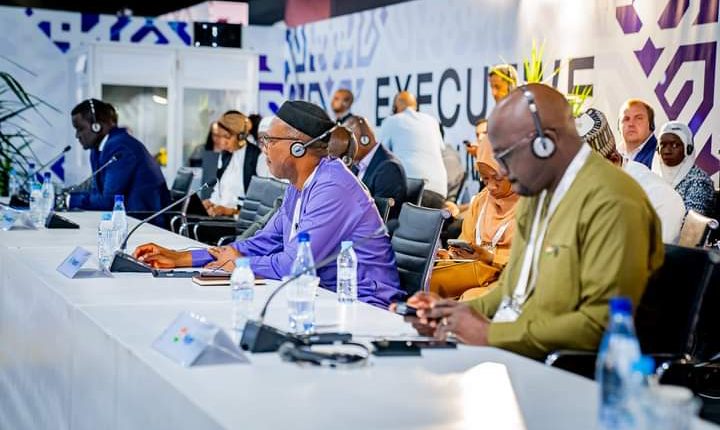South Africa’s Minister of Science, Technology and Innovation, Prof. Blade Nzimande led a high-level delegation to Tunisia on July 14, where both countries signed a landmark agreement to strengthen science, technology, and innovation (STI) collaboration.
The deal, titled the Scaling Up Tunisia–South Africa Strategy, lays the foundation for joint research projects, policy coordination, and shared innovation goals, marking a significant step toward African scientific sovereignty.
The deal includes a detailed Plan of Action and Joint Research Call Meeting Minutes, targeting areas such as digital transformation, healthcare innovation, climate change resilience, and youth skills development.
It also aligns with the African Union’s Science, Technology, and Innovation Strategy for Africa (STISA), reinforcing the continent’s push for STI-led growth.
Key focus areas of the Tunisia–South Africa STI strategy
The new partnership between Tunisia and South Africa aims to deepen scientific collaboration through research, innovation, and academic exchange.
It encourages stronger ties between institutions in both countries and supports knowledge sharing and capacity building.
Joint research will focus on urgent challenges like youth unemployment, food and energy security, healthcare, and biodiversity. Both nations also commit to fair intellectual property practices and better knowledge transfer, helping local innovators turn ideas into real-world solutions.
The agreement promotes greater participation in global science platforms while also strengthening governance around science diplomacy.
For Minister Blade Nzimande, the partnership goes beyond technology.
“Even though our visit is primarily aimed at strengthening STI relations, the truth is that the bond between our countries was forged during our shared anti-colonial struggles,” he said. “This partnership helps us meet Africa’s challenges on our own terms.”
Strengthening Pan-African science networks and biomedical innovation
The partnership also extends into the health sciences. In a parallel meeting, Tunisia’s Minister of Health, Dr. Mustapha Ferjani, hosted Minister Blade Nzimande to explore deeper collaboration in scientific research and biomedical innovation.
Both countries agreed to work together on joint research targeting priority diseases and to facilitate exchange visits between biomedical researchers to strengthen expertise and networks.
A key highlight of the discussion was the commitment to establish an African Centre for Genomic Medicine.
The initiative also includes plans to co-develop mRNA-based vaccine technologies and explore the use of artificial intelligence in healthcare delivery and diagnostics.
After visiting the renowned Pasteur Institute in Tunis, Minister Nzimande commended Tunisia’s scientific achievements and reiterated the need for a resilient, integrated African science ecosystem supporting health innovation across the continent.
Algeria and broader continental science diplomacy
Minister Nzimande’s visit to Tunisia is part of a wider diplomatic mission that includes Algeria.
The minister met with his counterparts in both countries and visited key research institutions like the Borj Cedria Technopark and Algeria’s Centre for Advanced Technologies.
In his words: “Pan-African STI cooperation is now more urgent than ever. Through strong intra-African alliances, we’re working to build a sovereign science agenda to secure our continent’s future.”
His visit concludes with the adoption of two new Plans of Action—cementing South Africa’s leadership in African science diplomacy and putting collaboration at the heart of the continent’s development goals.











